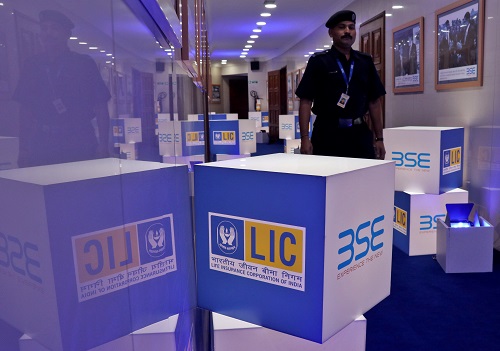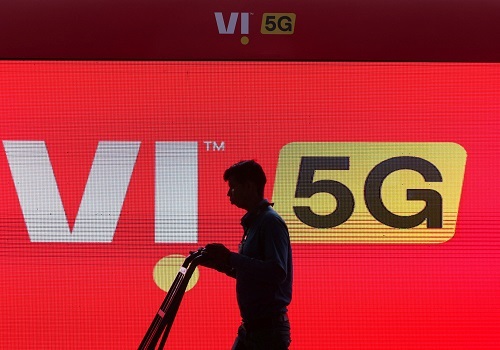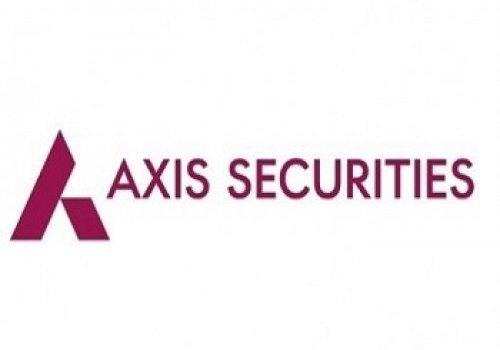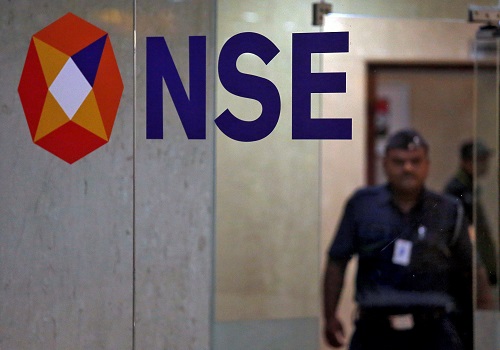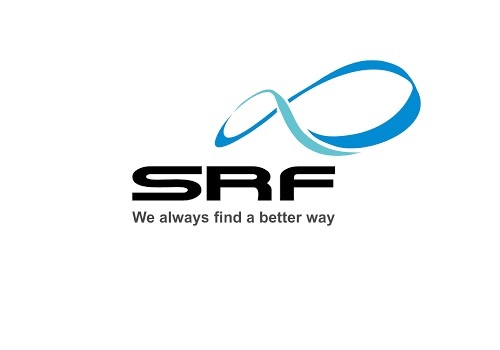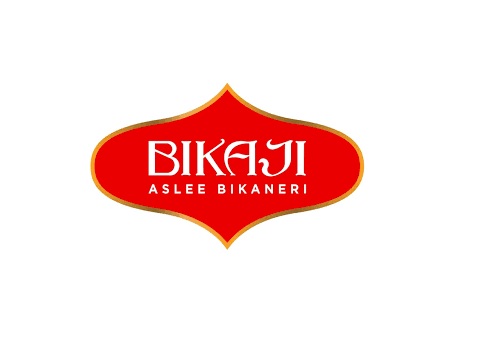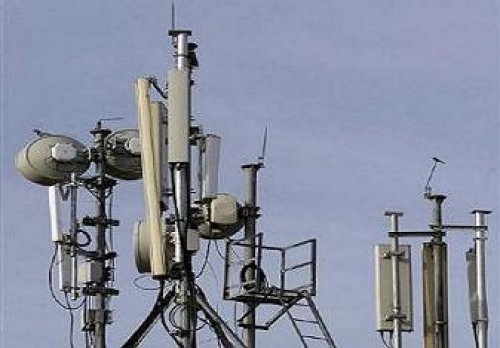Telecom Sector update-Draft Telecom Bill: Deepening reforms, encompassing new tech By JM Financial Institutional Securities
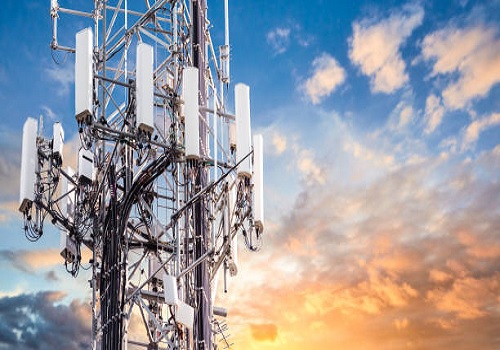
Follow us Now on Telegram ! Get daily 10 - 12 important updates on Business, Finance and Investment. Join our Telegram Channel
https://t.me/InvestmentGuruIndiacom
Download Telegram App before Joining the Channel
DoT has published the draft Indian Telecommunication Bill, 2022 (click here and here) to restructure the legal and regulatory framework for the telecom sector to encompass new technologies (like 4G/5G, IoT, M2M communications, Edge computing, etc.) and ensure that India's digital legal framework is globally benchmarked and future-ready. This is a follow-up to the reform measures announced in Sept’21, amongst other measures, for the growth of the telecom sector and further enhance the ease of doing business. The draft bill seeks to replace three existing laws; however, to ensure smooth transition and provide regulatory certainty, it also provides for continuity of actions taken under the repealed laws.
The draft bill recognises that spectrum is a valuable and inexhaustible natural resource; hence, it creates an enabling provision for optimal utilisation of spectrum. Further, it mentions that auction will be the key means of selling of spectrum but also provides for assignment of spectrum for the public good. It provides for a robust regulatory framework to obtain RoW in a uniform, non-discriminatory manner to expedite roll-out of newer technologies such as 5G. It also simplifies the framework for merger, demerger, acquisition or other forms of restructuring, and allows the government to provide relief to financially stressed telcos in cases of payment default in extraordinary circumstances. Moreover, the scope of telecom services has been expanded to include OTT, internet-based and satellitebased communications.
* Enabling provision for optimal utilisation of spectrum; allows spectrum assignment for public good: The draft bill recognises that spectrum is a valuable and inexhaustible natural resource that has an element of public good, hence it’s vital to ensure its efficient use and management. So, the bill provides for an enabling framework for optimal utilisation of spectrum via provisions for: a) technology agnostic use of spectrum; b) refarming and re-purposing of spectrum; c) sharing, trading, leasing and surrender of spectrum; and d) returning unused spectrum. It mentions that auction will be the key means of selling of spectrum but also provides an enabling framework for assigning spectrum for the public good and ensuring widespread access to telecom services.
* Expedite Right of Way (RoW) for rapid roll-out of newer technologies such as 5G: The draft bill provides for a robust regulatory framework within the federal structure to obtain RoW in a uniform, non-discriminatory manner, for establishing telecom infrastructure and expediting roll-out of newer technologies such as 5G. It provides for a uniform and nondiscriminatory regulatory framework governing: a) establishment of telecom infrastructure on public property; and b) enabling provisions in respect of private property. Rejection of an application can only be for limited substantive grounds. Further, the mandate of Universal Service Obligation Fund (USOF) has been widened to include provisioning of telecom services to urban areas, R&D, skill development, support of pilot projects, etc.
* Facilitate restructuring and provide relief in extraordinary circumstances: The draft bill seeks to simplify the framework for merger, demerger, acquisition or other forms of restructuring by only requiring that the licensing authority be informed. Further, it allows a licensee undergoing insolvency proceedings to continue to provide telecom services as long as the licensee pays all dues; spectrum will be taken back by the government once the services stop. Moreover, for financially stressed telcos, the bill allows the government to provide relief via partial/full write-off or deferment of dues or conversion into shares in cases of payment default in extraordinary circumstances (like financial stress, consumer interest, maintaining competition in the sector, or reliability and continued supply of services). This could be positive for Vodafone Idea if the government decides to waive some of its dues in future.
* Scope of telecommunication services expanded to include OTT, internet-based and satellite-based communications: The government has increased the scope of telecom services by including over-the-top (OTT), internet-based and satellite-based communication services besides in-flight, maritime, broadcasting, internet and broadband services within its ambit.
* Ensure smooth transition to the new framework and provide regulatory certainty: The draft bill seeks to replace existing three laws: a) Indian Telegraph Act, 1885, b) Wireless Telegraphy Act, 1933, and c) Telegraph Wires (Unlawful Possession) Act, 1950. However, to ensure smooth transition to the new framework and ensure regulatory certainty, it provides for continuity of actions taken under the repealed laws. Hence, an entity providing telecom services or telecom network under the current law will be entitled to continue to operate under its existing terms and conditions till it migrates to a set of new terms and conditions. However, the draft billl seeks to amend Telecom Regulatory Authority of India Act, which will reduce TRAI’s power from a regulatory to just a recommendatory body. Hence, DoT may not be required to seek TRAI’s recommendations before issuing a new licence to a service provider.
To Read Complete Report & Disclaimer Click Here
Please refer disclaimer at https://www.jmfl.com/disclaimer
SEBI Registration Number is INM000010361
Above views are of the author and not of the website kindly read disclaimer




